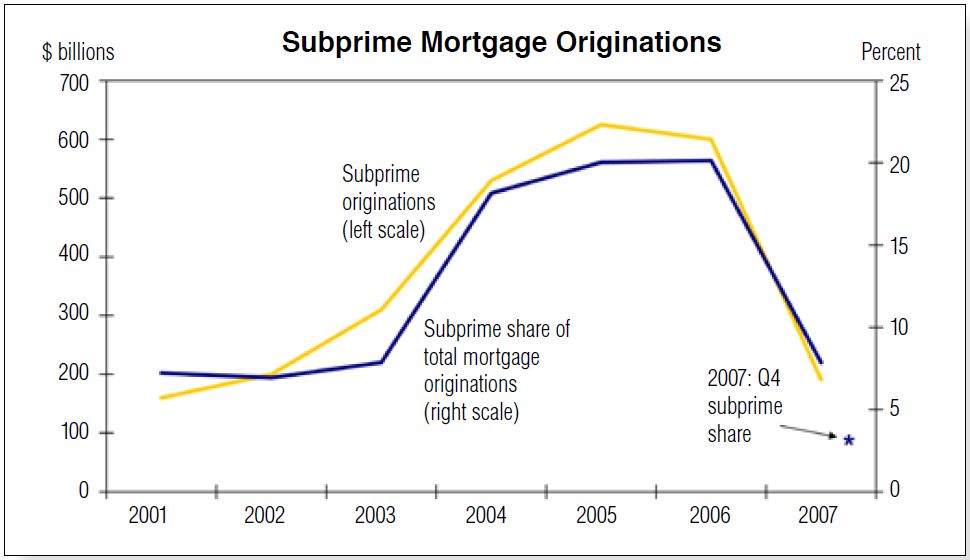Plasmaball
Gold Member
- Sep 9, 2010
- 20,629
- 2,194
- 175
when you answer mine ill answer yours.i figured you wouldnt answer a direct question....i accept your surrender again...well then, when do we get to strip you,toss cold water on you and leave you over night on a cold floor where you will most likely die?
Actually, the United States doesn't torture.
It's even easier to smear with finger paints than cartoons, dope.
OR grab you even though you are innocent and waterboard you..
because you know, fuck your rights.....
"well then, when do we get to blah, blah, blah..."
I'd beat you like a rented mule.
now you are free to troll your own thread.
You like answering questions?
Here's one: if you could have prevented 9/11 using the methods in question.....would you have done so?


